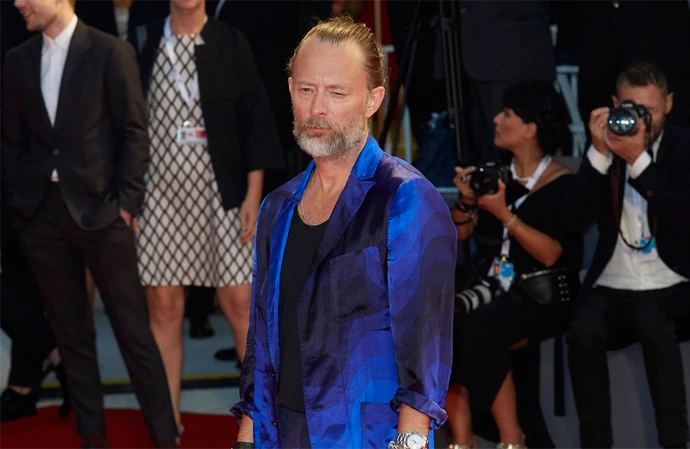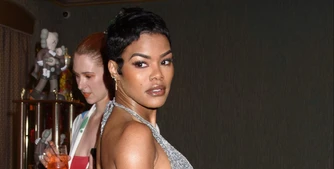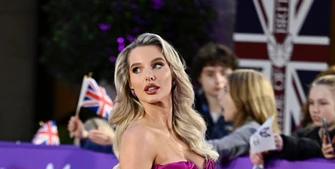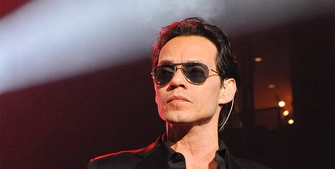Radiohead singer Thom Yorke says AI does nothing more than steal from human artistic expression
Thom Yorke - the frontman for Radiohead and The Smile - has spoken out against the onslaught of artificial intelligence in music and the creative industries, insisting the technology can do nothing more than replicate "genuine human artistic expression".

Radiohead’s Thom Yorke says artificial intelligence does nothing more than "steal" from original human artistic work.
The 56-year-old songwriter – who has just released his first full-length electronic album 'Tall Tales', a collaboration with Mark Pritchard – is against the onslaught of AI in the music business and other creative industries.
Thom insists the technology is stealing musicians’ ideas with no financial reimbursement.
Speaking to Electronic Sound magazine, Thom said: “As far as I can tell in music and art and all creative industries, Al is so far only able to 'create' variations on genuine human artistic expression, and those are obvious. Is Al capable of genuine original creative thought? I have yet to see that. It analyses and steals and builds iterations without acknowledging the original human work it analysed. It creates pallid facsimiles, which is useful in the same way auto-accompaniment is useful, or a screensaver of a beautiful natural landscape in a billionaire’s bunker is.
"But the economic structure is morally wrong ... the human work used by AI to fake its creativity is not being acknowledged. Writers are not paid. It's a weird kind of wanky, tech-bro nightmare future, and it seems this is what the tech industry does best. A devaluing of the rest of humanity, other than themselves, hidden behind tech. In the US right now, we are witnessing this spilling over into politics.
“We are. in modern parlance. 'creatives. which is a term I find deeply offensive because it arrived around the time that art morphed into ‘content’ for devices.”
Yorke - who also fronts The Smile - was one of 10,500 signatories, which also included Abba’s Björn Ulvaeus, actress Julianne Moore, The Cure's Robert Smith and Rosario Dawson, from the creative industries warning artificial intelligence companies that unlicensed use of their work is a “major, unjust threat” to artists’ livelihoods.
The statement read: "The unlicensed use of creative works for training generative AI is a major, unjust threat to the livelihoods of the people behind those works, and must not be permitted."
The organiser of the statement was the British composer and former AI executive Ed Newton-Rex, who resigned from his role as head of audio at tech firm Stability AI last year due to a disagreement with the higher-ups that that taking copyrighted content to train AI models without a licence constitutes “fair use”, a term meaning permission from the copyright owner is not needed."







